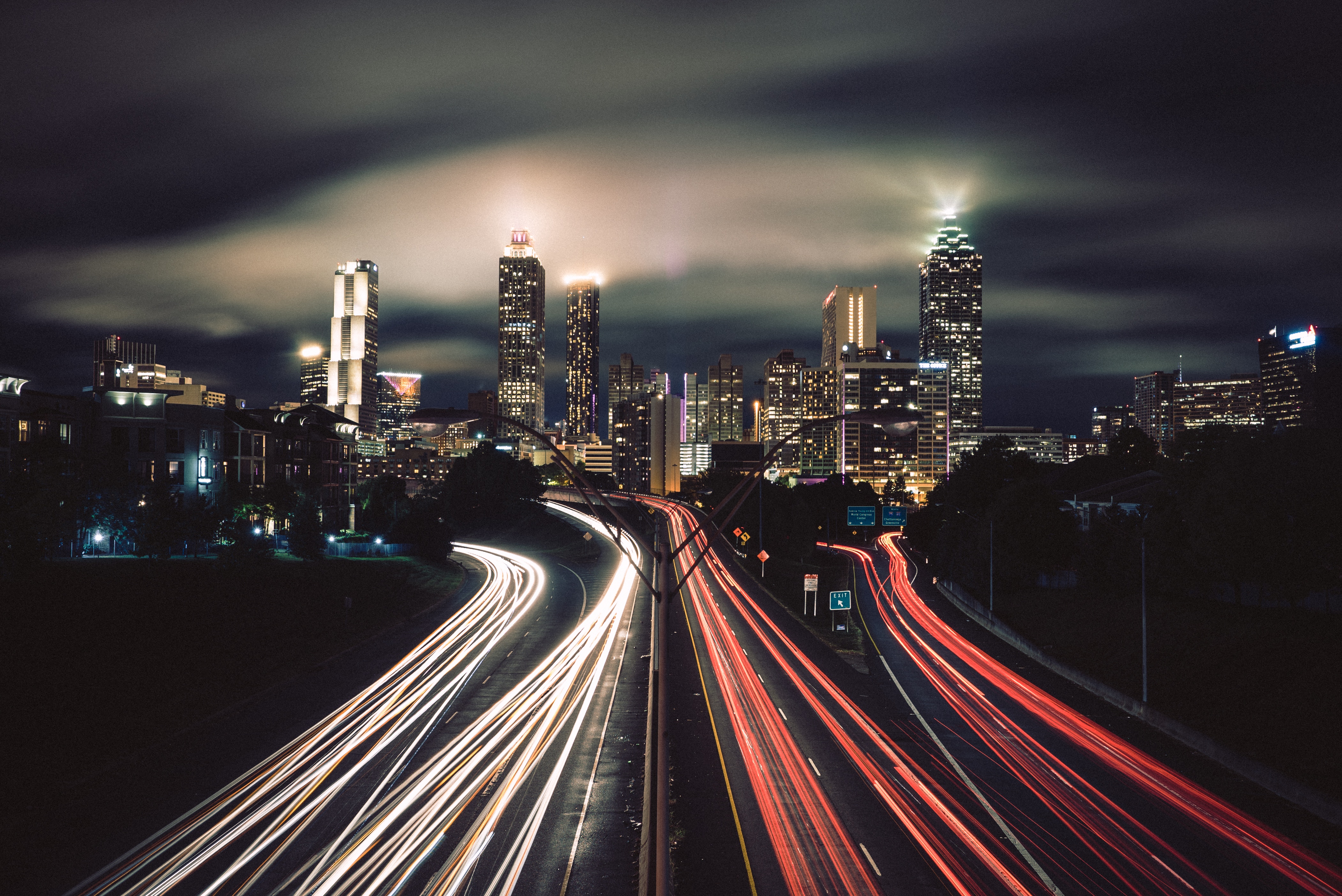Autonomous cars and analogue cities: are we ready?
Vehicle safety and the social and urban changes involved in autonomous driving are the main challenges to be faced in the coming decade
Technology giants of the likes of Tesla, SK and Google, emerging companies such as Uber and Navya, and car-industry multinationals like Ford and Toyota all have plans to develop autonomous vehicles. In its recent report on connected cars, PwC states that between now and 2030, the car industry will have a growing economic impact of 7.8 billion dollars, and profits of around 600 billion dollars. This is all thanks to the rollout of assisted driving technologies and artificial intelligence. The aim is to develop the initial levels of driving automation according to the SAE International classification, from driver assistance to automated driving with human supervision.
However, the fatal accident in the United States in mid-March, where an autonomous Uber car ran over a woman in the city of Tempe, has given rise to a great many doubts as to whether cities and society are ready to live with self-driving cars. "Complex urban environments with a lot of people with therefore more unpredictable behaviour still call for improvements to vehicles' decision-making systems", explains professor José María Subero, from the UOC Master's Degree in Cities and Urbanism.
Who pays for insurance?
According to the ThinkGoodMobility survey conducted by Goodyear, 73% of European drivers don't trust autonomous vehicles to work properly, and 70% believe that humans should have control of their cars. In addition, 60% agree that machines do not have the common sense needed to interact with other human drivers. "The transformation of cities to host autonomous cars has more to do with a social and legal transformation than a technological one", claims professor Subero, who believes that there is a series of debates "even related to morality" that is just not happening right now.
For example, the fact that vehicles drive autonomously, interacting with the environment and taking their own decisions, should open up a debate on the need to change the whole insurance system, "as the liability for accidents would lie with the car manufacturer and not with people", states Subero. At a legal level, liability in the event of someone being knocked down would need to be clarified, and even what would happen if the car "makes a decision that goes against its owner".
Greater safety and public investment
Trials with autonomous vehicles are being conducted with prototypes fitted with various sensors for detecting people, vehicles and obstacles using computer vision techniques. They also have distance sensors using ultrasound, laser or a similar tool alongside what a normal car might have, such as light, proximity, etc. They have 4G aerials at present and an onboard computer that manages all of this information and takes the decisions that have been programmed. "Cars are already able to drive through cities, detect the colour of traffic lights, vertical and horizontal signposts, people, other cars… even without coverage", explains Jordi Serra, professor at the UOC Faculty of Computers, Multimedia and Telecommunications.
One example is Navya's urban minibus, which runs a tourist route in Lyon, France, or that of CityMobil2, which has run similar trials in San Sebastian. Even so, Jordi Serra explains that "there are no dates for the definitive rollout of these vehicles; it will all depend on how safe they are". In addition, the Digital Society in Spain 2017 report concludes that public administrations need to be prepared to provide financial resources, regulation and decision-making processes to progress in open data and look more thoroughly at the leading role of smart cities.
Experts UOC
Press contact
-
Editorial department
